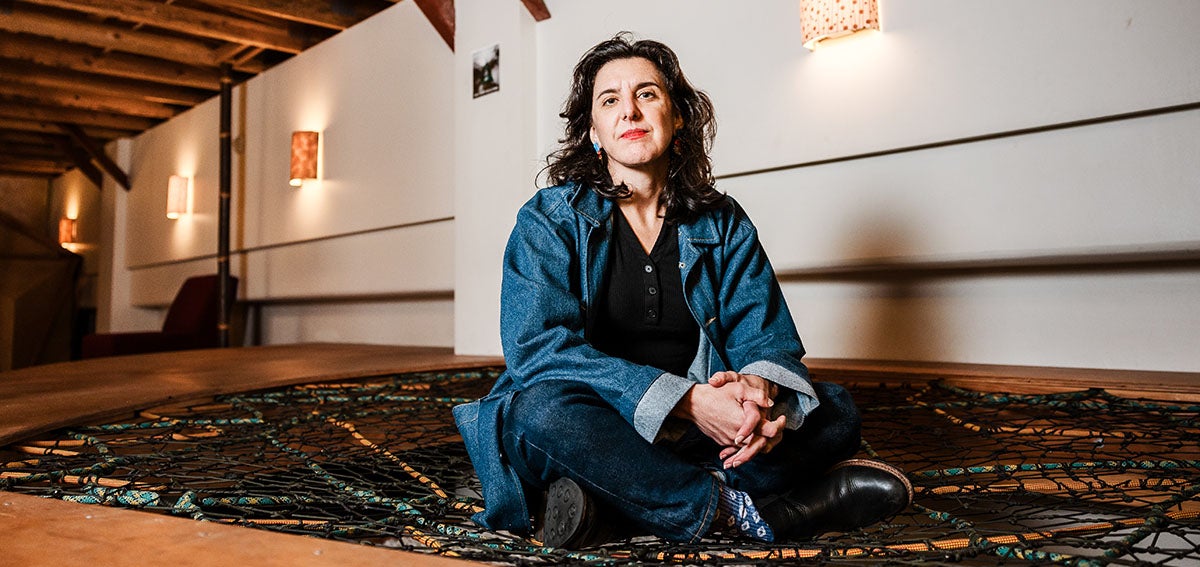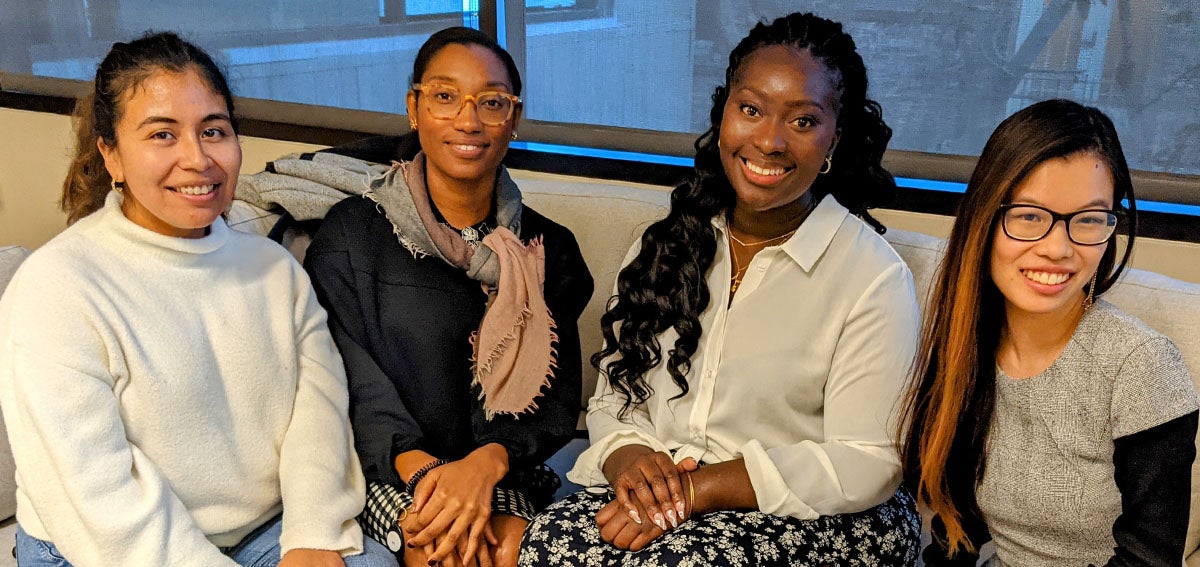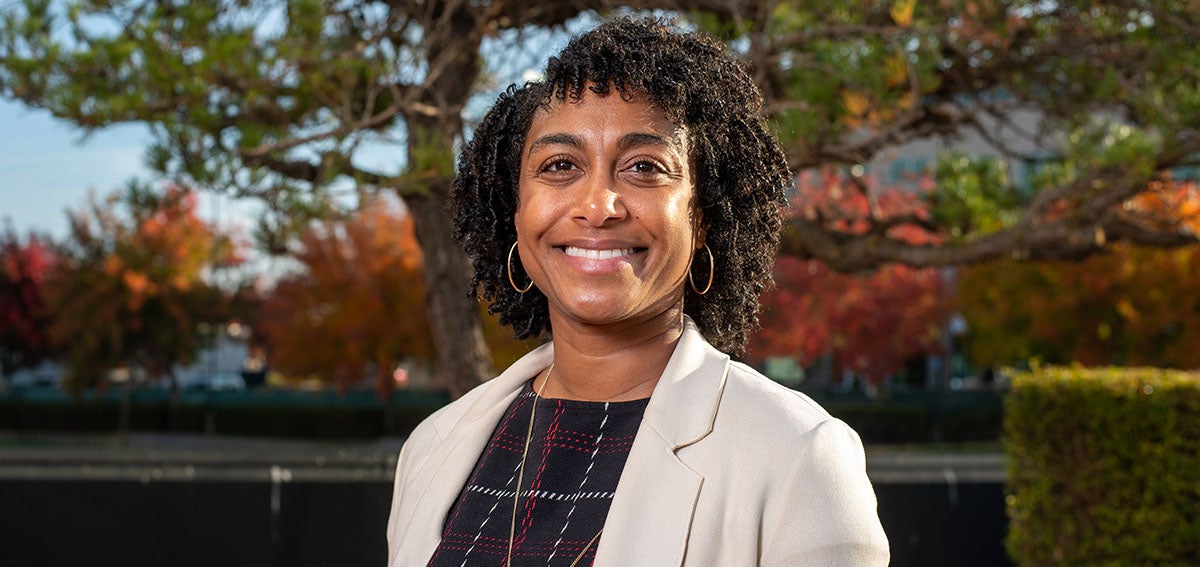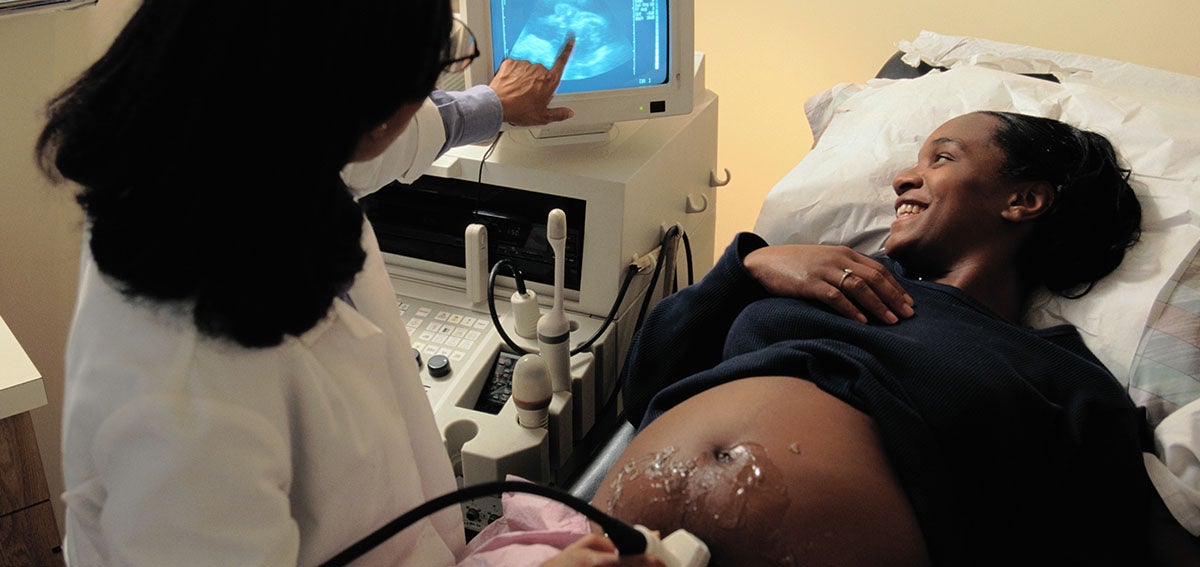
Families are the foundation of our society, and every family deserves the opportunity for a healthy start. But the reality is that stark birth inequities prevent many from a chance at that.
Black birthing people* in the United states are at least 3.5 times more likely to die from pregnancy-related causes than their White counterparts, and twice as likely to suffer serious pregnancy complications such as hemorrhage, preeclampsia, and heart problems. Native Americans and Asian Americans / Pacific Islanders also experience disproportionately high rates of maternal mortality and morbidity.
Confronted with these unacceptable statistics, philanthropy has an urgent responsibility and opportunity to address the structural factors leading to birth inequities. Healthier pregnancies, labors, and postpartum recoveries not only benefit birthing individuals, but also result in healthier children and families. Focusing attention on those who need it most could have positive implications for entire communities harmed by systemic racism for future generations.
There is much work to do, but not enough philanthropic organizations are supporting these issues to tackle them at scale. We need all hands on deck to truly move the needle. We five funders — from different states and coming to this issue from different angles — are reaching out to our fellow funders with a call to action to join us in this work.
Opening the Door into Birth Equity Funding
There is no single way to support birth equity. For example, the California Health Care Foundation (CHCF) focuses on improving the health care delivery system; Tara Health Foundation identifies and supports innovative solutions that improve the health and well-being of women and girls; Robert Wood Johnson Foundation (RWJF) focuses on increasing community power to promote equitable systems change; St. David’s Foundation supports initiatives for, by, and about women of color; and Sierra Health Foundation promotes health, racial equity, and racial justice in partnership with communities.
Since maternal health intersects with so many other areas — such as access to healthy food, economic justice, mental health, and early childhood development — there are countless entry points for funders. Our foundations have approached birth equity in the following ways:
- Doulas, midwives, and birth centers: Research shows that health outcomes for Black birthing people and babies improve when receiving care from providers of similar cultural backgrounds, yet there is a shortage of maternal health providers of color. To address this problem, Tara Health supports a Black doula program in Southern California, mentoring for midwives of color in the Bay Area, and an effort to increase the number of community birth centers led by people of color. The Center at Sierra Health helped form a community-based network of doulas to empower Black birthing people in Sacramento. In Central Texas, St. David’s Foundation is providing infrastructure support so that doula collectives can contract with health payers. In addition to helping Black birthing people, these programs provide employment, training opportunities, and a pathway to greater economic justice for Black community members.
- Research and data gathering: To improve care for birthing people of color, we must understand the health care system’s performance in key areas like health outcomes, patient experience, and equity at baseline and be able to track progress over time. Tara Health and CHCF cofunded the University of California San Francisco’s SACRED Birth Study, which aimed to better understand Black birthing people’s hospital care experiences at birth by creating a survey tool that can be used to support quality improvement. David’s Foundation is partnering with the University of Texas to study the economic value of investing in doula support for birthing people of color. This data, if favorable, could encourage health insurance companies to pay for doula services. RWJF is supporting the National Birth Equity Collaborative to center the voices of birthing people of color in the development of a framework for respectful maternity care, community-led provider training, and hospital quality improvement metrics.
- Building community power: To create lasting change, we must stand behind the decades of work done by communities most impacted by birth inequities, use our platforms and privilege to amplify their voices, and support them with capacity-building dollars and expertise to expand their work. To this end, RWJF recently granted $16 million to three organizations dedicated to community power building among Black, Indigenous, and people of color. Groundswell Fund, Ms. Foundation for Women, and SisterSong will distribute these funds to grassroots organizations working to advance birth justice and improve maternal health in their communities.
Even if your foundation does not typically fund maternal health, the area is often a natural fit since birthing people are critical links in society. For example, if your organization focuses on young children, how about expanding that definition to consider the impact of programs on perinatal and prenatal health, given the critical importance of in utero time on brain development? Or, if your mission is to build community parks, consider the benefits to pregnant people and families in those neighborhoods.
Collaborating to Achieve More Together
Achieving birth equity is a monumental undertaking, and no funder can do it alone. Some of the most effective strategies involve collaborations among multiple funders, with each taking a piece of a broader goal, while sharing know-how and connections. Data collection, for example, can be prohibitively expensive. That’s why CHCF partnered with Tara Health to fund the SACRED Birth Study. CHCF is also one of many partners behind Cherished Futures for Black Moms & Babies, a cross-sector collaborative in Los Angeles County working to advance Black birth equity. The Center at Sierra Health collaborated with the Blue Shield Foundation of California to support doula care. The Center is also part of the Black Child Legacy Campaign, a broad coalition of government and community organizations in Sacramento working to improve Black maternal and child health.
Partnering with Community Leaders
Each of our foundations has reached out to trusted providers (doulas, midwives, doctors) who are already doing birth equity work in their communities. We have identified grassroots organizations working in solidarity with the populations we are trying to reach that often do not have the time, knowledge, or connections to reach out to funders. For example, St. David’s Foundation relied on the work and voices of Black Mamas ATX and the Maternal Health Equity Collaborative to inform its most recent request for proposals.
It is important for any birth equity funding strategy to follow the lead of those it is trying to support. For example, RWJF has partnered with birth equity champions Mamatoto Village and Birth Detroit on learning journeys to gain proximity to the issues faced by communities and to learn about the challenges and facilitators to operationalizing health equity, and CHCF established a Birth Equity Advisory Group to provide input on the foundation’s birth equity approach.
Thinking Beyond the Check
As funders, our dollars matter, and our nonmonetary contributions can be just as, if not more, impactful. We have found it helpful to convene gatherings, virtually or in person, where organizations working in different areas can get to know each other. We also work as connectors, facilitating relationships between promising maternal health nonprofits, funders, and key state policy contacts. We try to leverage our foundations’ reputations and reach to amplify information on social media — and to give credit to and support other organizations’ work.
In addition, we yield our platforms to Black leaders in community. Instead of speaking for them at funder briefings and conferences, we invite them to speak for themselves and partner with them as subject matter experts.
We invite you to join us and our other funder colleagues who are already engaged in this work. “Nothing will work unless you do,” said the American poet Maya Angelou, and achieving birth equity certainly needs more organizations and individuals working together.
* We use the term “birthing people” to recognize that not all people who become pregnant and give birth identify as a woman or a mother.
This article was first published by Grantmakers in Health on November 16, 2021, and is reprinted with permission. Copyright 2021. All rights reserved.
Authors & Contributors
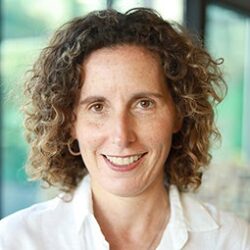

Tenesha Duncan
Tenesha Duncan leads the Tara Health Foundation’s strategy and investments in birth equity, focusing on the intersection of birth and economic justice to elevate solutions that improve perinatal care quality and outcomes.
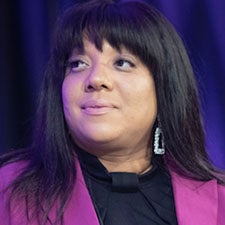
Kindra Montgomery-Block
Kindra Montgomery-Block, MPA, is vice president of diversity, equity, and social impact for the Sacramento Kings. She previously led a community and economic development department for the Sierra Health Foundation where she designed the Black Child Legacy Campaign, a public-private health equity initiative to reduce deaths among Black children in Sacramento County.
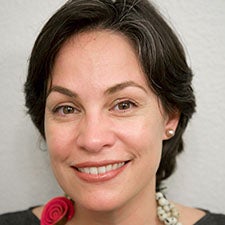
Lourdes Rodriguez
Lourdes Rodríguez, DrPH, MPH, serves as senior program officer for Women’s Health at the Saint David’s Foundation in Austin, Texas. Dr. Rodríguez, who was born in Puerto Rico, applies her training as a public health practitioner to co-develop place-based, people-centered strategies with community colleagues.

Monique Shaw
Monique Shaw, PhD, is a program officer at the Robert Wood Johnson Foundation, where her work focuses on health system transformation. She co-leads and oversees RWJF’s investment in community power building to advance birth justice.


